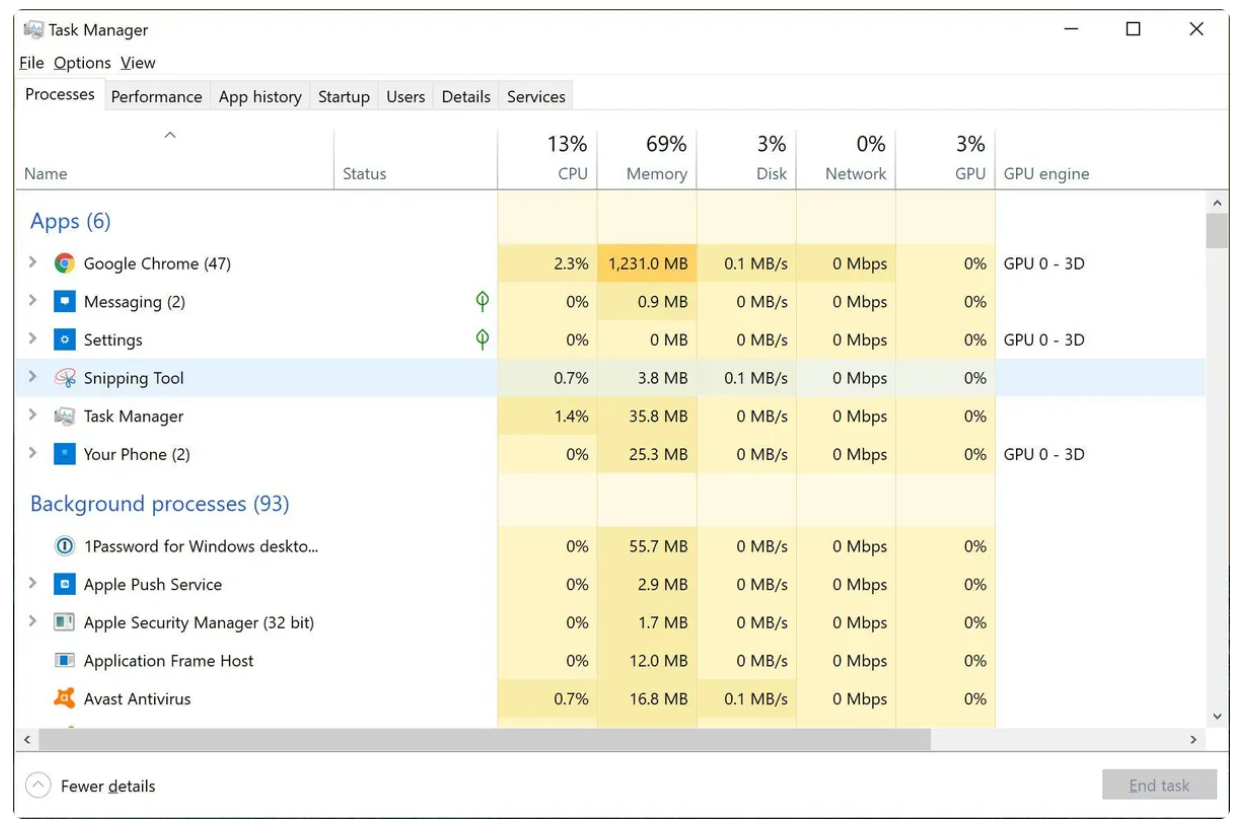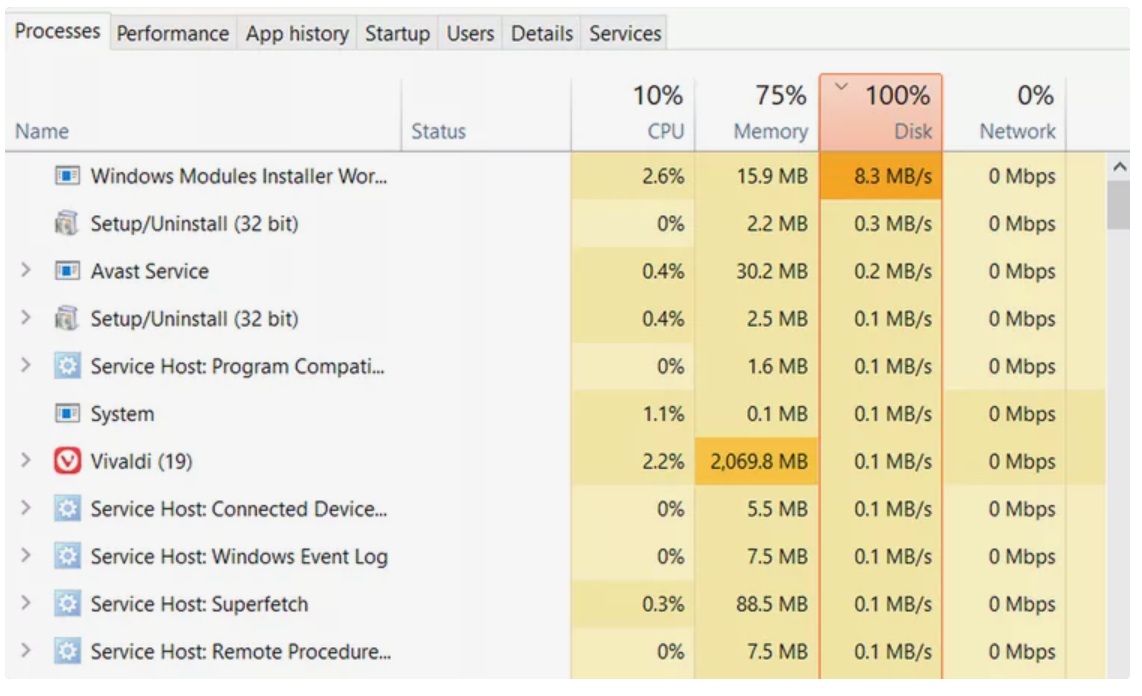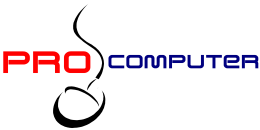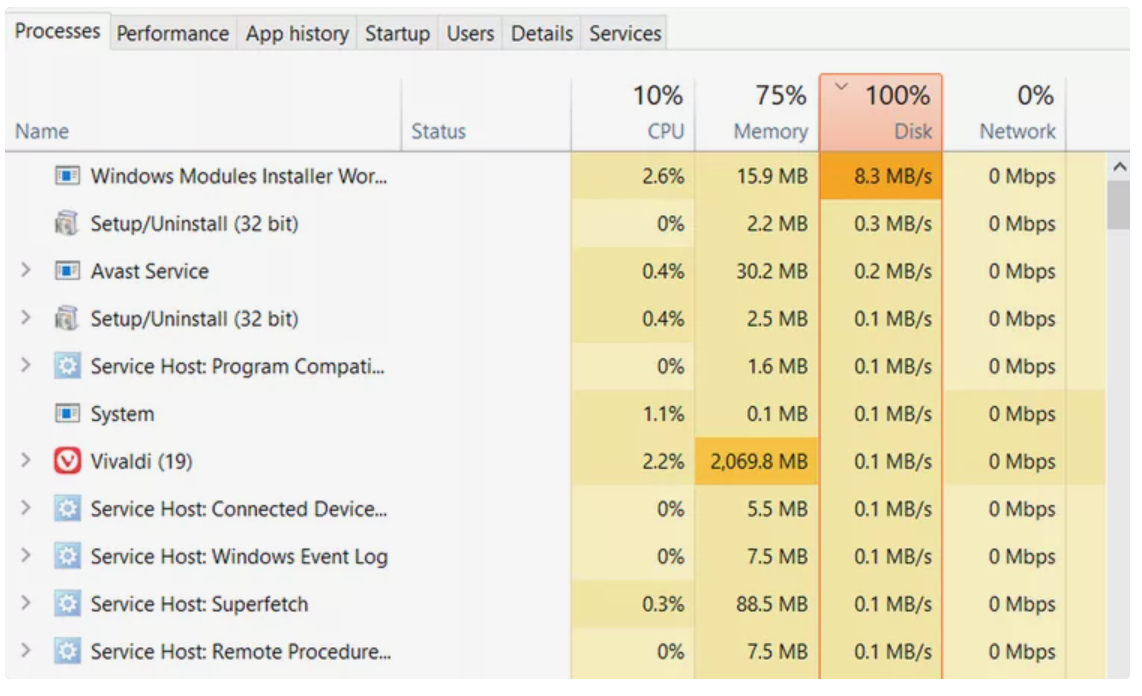Services
Performance Tuning/Upgrade/SSD Upgrade
Our Service
Upgrade to Solid State Drive
When need this service:
If you’ve noticed problems with your computer starting up slowly, taking a long time to load programs and movies, or if you’re tired of the upkeep of a hard disk drive, defragmenting and being careful not to bump it while it’s running, it might be time to upgrade to a solid state drive.
SSDs start up more quickly and load games, applications, and movies faster. They’re also more durable, use less energy, and produce less heat than an HDD.
Useful tech hints: Why my computers slow?
Think of Windows Task Manager as a window into your PC’s health. The app gives you insight into what’s taxing the processor, how much memory something is taking up and even how much network data a program has used.
An easy way to open Task Manager in Windows 10 is to right-click on the Taskbar and select Task Manager from the list of options. In Windows 11, click on the magnifying glass on the Taskbar and search for Task Manager.
Task Manager’s default view doesn’t show a lot of information beyond which apps are currently running (handy if you already know if you want to close one out). To view what really matters, click More Details in the bottom left corner.

By default, this list is broken down into Apps and Background Processes. It’s refreshed constantly, with the various columns constantly updating. My advice is to let Task Manager run for a few minutes and watch it. Watch for apps that shoot up to the top of the list, then disappear a few seconds later. Look for processes that stay at the top of the list with high memory or CPU use. Not sure what a process is? Google its name to find out more.
To close an app or process that you suspect may be partly responsible for slow performance, click on the listing then click End Task.
Three more common reasons for a slow PC
There are far too many apps and services to create a succinct list of what’s likely slowing down a PC, but that doesn’t mean there aren’t likely culprits. Here are some of the top issues that we all experience on a PC.
Antivirus scans
After watching your system running slow with Task Manager open, you may have noticed that your antivirus software is routinely near the top of the list. Antivirus software can slow down your system while it’s actively scanning your computer for malware and viruses.
Instead of letting your antivirus program scan whenever it sees fit, schedule it to run at times when you’re not likely to be using your PC, such as overnight or during your lunch hour. Changing the schedule for scans will depend on the program you use, but generally, you can open the app and go to the settings pane.
Too many apps are running at login
If your PC takes forever to be responsive after you log into your Windows account, then you probably have far too many apps trying to run at startup. You can edit the list of apps and services that begin running when you log in to your computer by opening Task Manager and clicking on the Startup tab.
Go through the list and remove anything that you don’t need to have loaded and ready the moment your PC turns on by clicking the app name, followed by Disable.
Some web browsers are resource hogs
Your web browser could be the culprit, especially if you’ve lost count of the number of windows and tabs you have open. Each browser window and tab takes up memory and processing power and, over time, that will begin to slow down your PC.
You can view a breakdown of extensions and tabs that could be to blame in Task Manager by clicking on the arrow next to your browser’s name. Alternatively, if you use Chrome, it has a built-in task manager of its own. Launch it by pressing Shift+Esc while using Chrome, or click on the menu button > More Tools > Task manager.
If you find that your browser is often causing your PC to slow to a crawl, try a different browser or keep an eye on how many tabs or windows you have open at a given time.
If your Disk 100% in Task Manager

If the Disk speed utilization rate constantly near 100% in Task Manager, and the computer is using a mechanic Hard Disk drive, upgrade to Solid State Drive will be the best solution.
FAQs
1) Am I losing my data after the upgrade?
No. Your data are on the previous Disk Drive. There are different ways to access the data. (Ask Pro Computer for details)
2) Am I losing my programs/ application/ settings after the upgrade?
Yes and No. Pro Computer has advanced Disk Clone service for clients need keep the applications. Clone upgrade service is popular between business computers.
Testimonials:
It’s so much faster than before, feels like a totally different computer (after the SSD clone upgrade), I should have done this years ago!
Request a Free Quote
"*" indicates required fields

